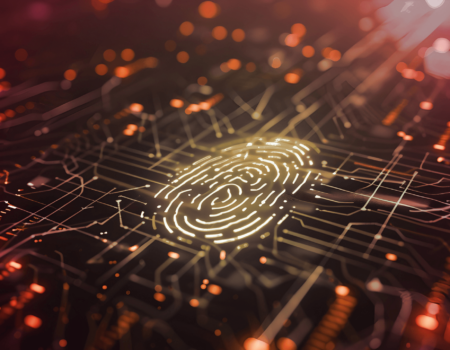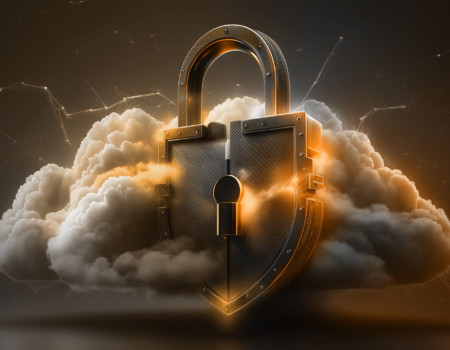SAP security – why is it so important?
The system stores critical business data – including information about a company’s finances, customers, suppliers, and employees. Investing in SAP IT security reduces the risk of data loss, helps maintain customer trust, and protects the organization from penalties related to non-compliance with regulations such as the GDPR.
Proper user access management contributes to improving security within the system. It is important to ensure that employees have access only to the functions required to perform their jobs. Regular reviews of user roles and permissions help strengthen data protection, as does the use of multi-factor authentication. Effective authorization management is one of the fundamental measures that enhance SAP security.

SAP Security – data encryption and updates
In addition to avoiding the creation of accounts with excessive authorizations, it is worth protecting data through encryption. SAP supports various encryption technologies that cover both information stored in the system and information transmitted between users and the system. Encryption helps prevent unauthorized individuals from intercepting data. Data transmission is protected by encryption protocols such as TLS.
Encryption mechanisms should be updated regularly to keep up with technological advancements and new threats. SAP IT security requires regular system updates. It is advisable to establish an update schedule and use automation tools to manage the process. Ignoring updates increases the system’s exposure to potential attacks.
SAP GUI security
SAP GUI (Graphical User Interface) is the main interface through which users access the system. In order to ensure secure connections, protocols such as SNC (Secure Network Communications) must be used. It is also essential to make sure that the connection is established within a secure network environment.
What else can be done to enhance security? Since SAP GUI is the entry point to the system, it is important to implement a strong password policy for users to prevent data theft. Employees should also be educated not to share their login credentials and to avoid accessing the system from untrusted devices or networks. SAP GUI enables monitoring of user activity, which helps detect suspicious behavior – such as unusual login times or attempts to access data the user is not authorized to view.
SAP security – compliance with legal regulations
Another important aspect of system security is ensuring compliance with applicable legal regulations, such as the GDPR. According to these regulations, entrepreneurs are required to protect personal data and report any incidents. SAP security involves maintaining an activity log related to personal data, as well as providing employee training on data protection practices. It is also essential to limit the use of personal data strictly to specific business purposes.
To ensure effective protection against cyberattacks, it is worth conducting regular security audits, which help identify potential risks. Using the professional services of SAP experts allows you to implement solutions that enhance security and make system activity monitoring more effective. It is also important to regularly create backups, which can be essential for quickly restoring the system after a security incident.





